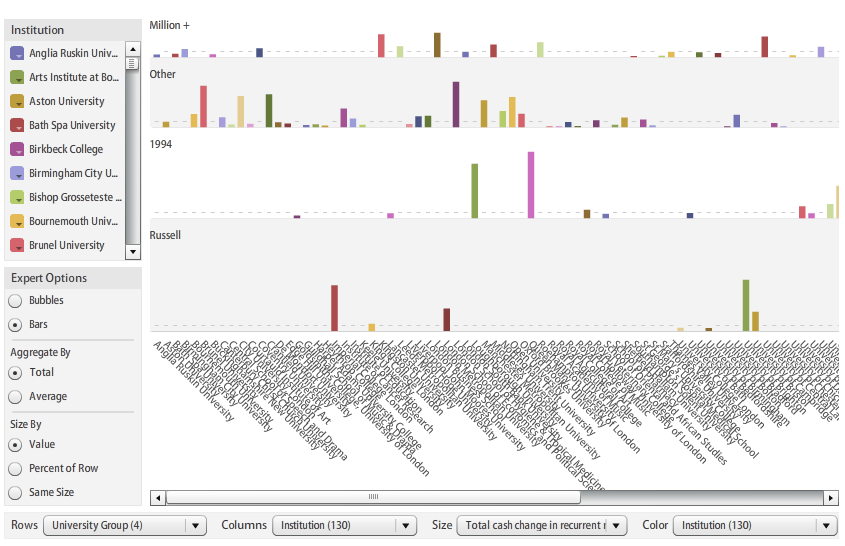It occured to me this morning, as I woke from my slumber, that the work I’ve been doing recently with WordPress, could also be applied to a library catalogue using Scriblio.
Scriblio (formerly WPopac) is an award winning, free, open source CMS and OPAC with faceted searching and browsing features based on WordPress. Scriblio is a project of Plymouth State University, supported in part by the Andrew W. Mellon Foundation.
Which means that you can import your library catalogue into WordPress and the user can search for and retrieve a record for The Films of Jean-Luc Goddard. Have a look around Plymouth State’s Scriblio and you’ll get a good feel for what’s possible.
Anyway, taking Scriblio’s functionality for granted, you could easily add Triplify to the mix as I have discussed before. So with very little effort, you can convert your library catalogue to RDF N-Triples (and/or JSON). My questions to you Librarians is: knowing this is possible and fairly trivial to do, is there any value to you in exposing your OPACs in this way?
Next, as I lay listening to my daughter chat to her squeaky duck, I thought about the other stuff I’ve been looking at recently with WordPress. Once you think of your library catalogue as a WordPress site, there’s quite a lot of fun to be had. You could ramp up the feeds that you offer from your OPAC, use the OpenCalais API to add semantic tags, plugin some more semantic addons if you wish (autodiscovery of SIOC, FOAF, OAI-ORE data??), and, perhaps most fun of all, publish OPAC records in realtime over XMPP PubSub.
Which brings me to JISCPress, our recent #jiscri project proposal, which we may or may not get funded (what are we, a week or two away from finding out??). In that Project, we’re proposing a WordPress MU platform for publishing and discussing JISC funding calls and project reports (among other things). There’s a lot of cross-over between the above Scriblio ideas and JISCPress. So much so, that it’s probably no more than a days work to transform the JISCPress platform, hosted as an Amazon Machine Image, to a multi-user OPAC platform where, potentially, all UK University libraries, publish their OPACs via separate Scriblio sites.
You could then, like wordpress.com has done, publish an XMPP firehose from every catalogue over PubSub for search engines or whoever is interested in realtime data from UK university library catalogues. Alternatively, instead of the WPMU set up, each University library could maintain their own Scriblio install and publish an XMPP feed to an agreed server (though that approach seems like more hassle than is necesary if you ask me. You’re bound to have some libraries falling behind and not upgrading their sites as things develop. For less than a collective £4K/year, we could all buy into commercial support for a WPMU site from Automattic to help maintain server-side stuff).
I dunno. Maybe this is all off the wall, but the building blocks are all there. Is anyone experimenting with Scriblio in this way? Don’t tell me, a bunch of you have been doing it for years…





